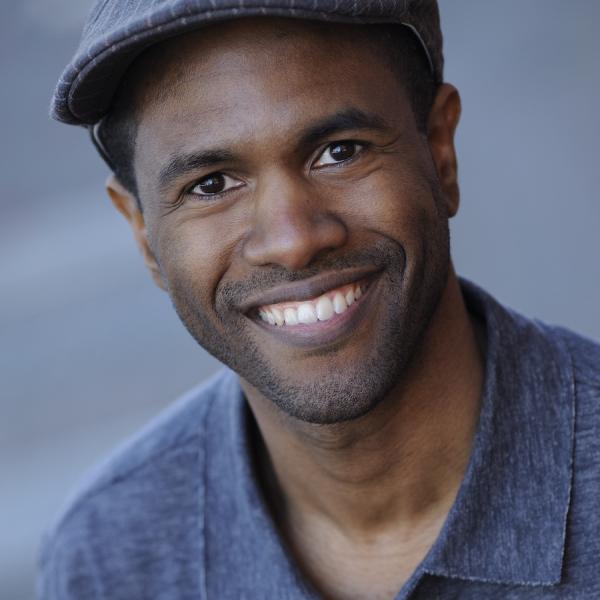The World of Merce Cunningham - Blog
Transcript of Elizabeth Streb talking about Merce Cunningham
Elizabeth Streb: I kind of feel he ignored it, which I so admire, because I think music is a true enemy of dance, of course, and I think that he was not a metered dancer. He didn't count. You know, I learned early on, as a young dancer, when my teacher would say, one, two, three, two, two, three, three two, three, and I'd be like-- and then they'd have all this movement you were supposed to do within that timeframe. And I knew -- I felt just deeply, intuitively that was incorrect. That was a incorrect assessment of how to move. And Merce's sense of music was, he wanted it in the room, he had a broad definition of music, certainly, vis-a-vis the collaborators he chose, such as John Cage, etcetera, but he did not count. He did not believe, I don't think,well perhaps he counted, but he did not believe that music and dance, that sound governed movement, it was just juxtaposed.
Jo Reed: But how is music the enemy of dance? Elizabeth Streb.
Streb: If you think just methodologically, the method of putting sounds together, compared to the method of putting action together, you know, oral composition is completely, completely foreign to physical composition which is causal. You couldn't possibly borrow those mechanisms of composition from that field, music to be used by dance. I think it's wrong, I think it artificializes action, I think it's just not deep enough thinking about, gee, I wonder what the iambic pentameter of action might be? What are the rhythms, the juxtapositions, the archetypal moments of time, body, space, that would be purely, almost, you know, manufacture an ah-ha moment, but for purely physical reasons. If music is playing, it's too bossy, it's, we will never arrive at our goal of understanding what the compositional techniques of movement are, if we keep using music.




